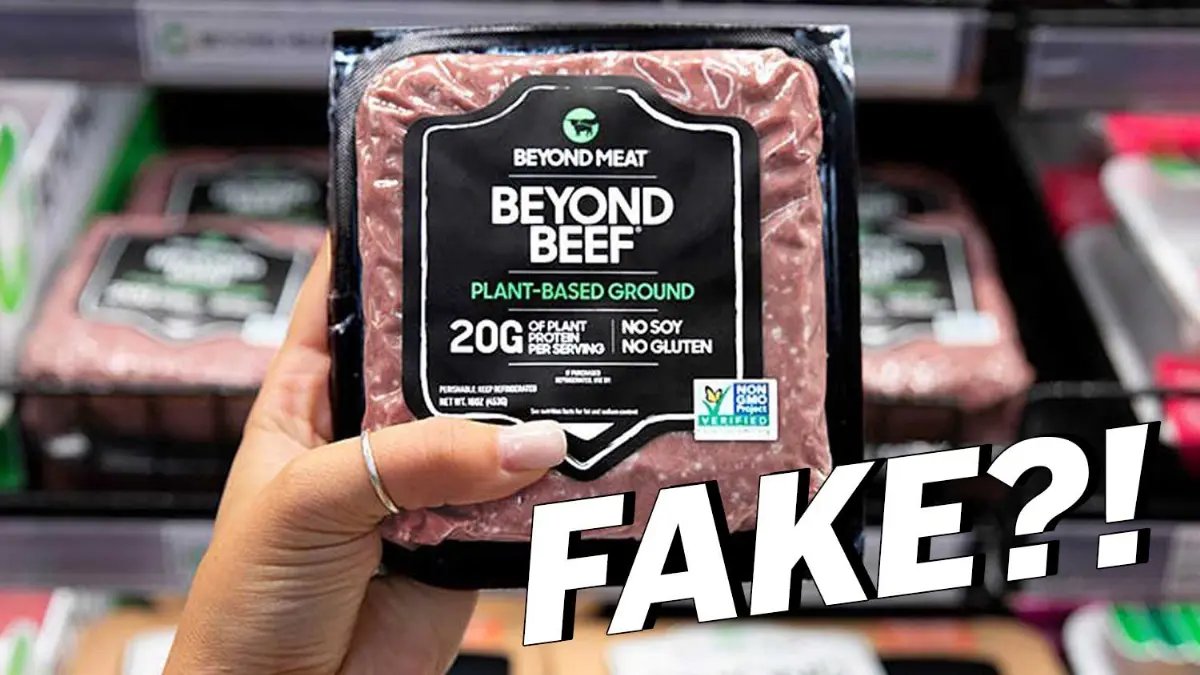
Do you want to access to this and other private contents?
Log in if you are a subscriber or click here to request service
Pictet: how to create the financial bubble on new foods
Agriculture? A scourge to humanity. Alternatives? Eat bacteria

One of the world's largest investors relies on a journalist's provocative arguments to defend funding for laboratory food.
lml - 33748
EFA News - European Food Agency
EFA News - European Food Agency